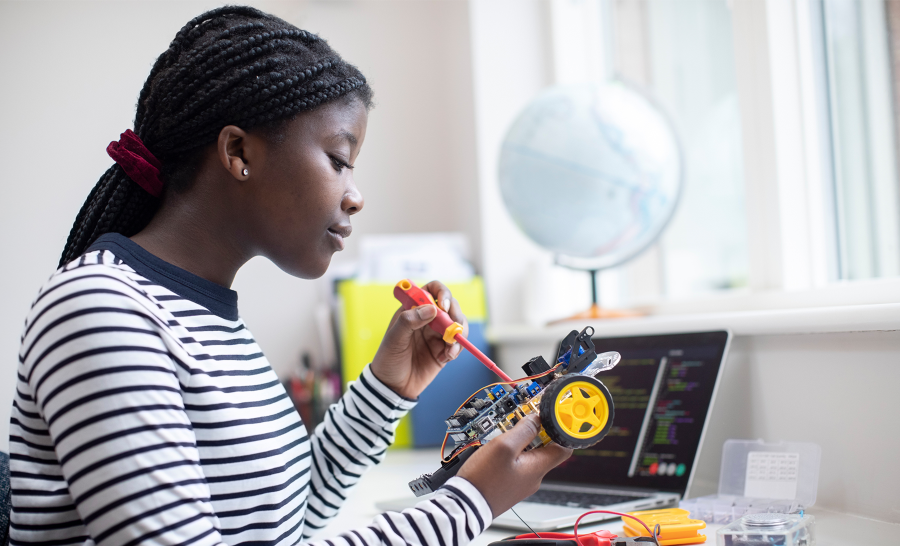Three Ideas for Post-Coronavirus Educational Recovery
There are many ways that schools can proactively address the inevitable and inequitable gaps caused by coronavirus-related school closures.
Pelch / SN Social Sciences / August 2022

First-generation college (FGC) students—students who are the first in their families to attend a 4-year university—represent a crucial rising demographic toward increasing the numbers of STEM majors and professionals. Unfortunately, when compared to their non-FGC peers, FGC students not only leave STEM programs at higher rates but are also more likely to completely exit higher education. The development of an identity related to science is an important component toward fostering increased retention and graduation in STEM programs. The science identities of FGC students are still an area of prudent investigation due to their substantial overlaps with under-represented students, and their unique dialectic tensions that create complex challenges for these students. This study examines interview data from thirteen FGC students and employs a critical event narrative analysis of their stories relating to science. Results reveal that many of the participants in this study have well-established identities related to science well before entering a four-year university. This study also presents evidence suggesting that weakly developed identities are more susceptible to deteriorating or being “re-written” when confronted with traditional academic and cultural barriers during their early years at a university.